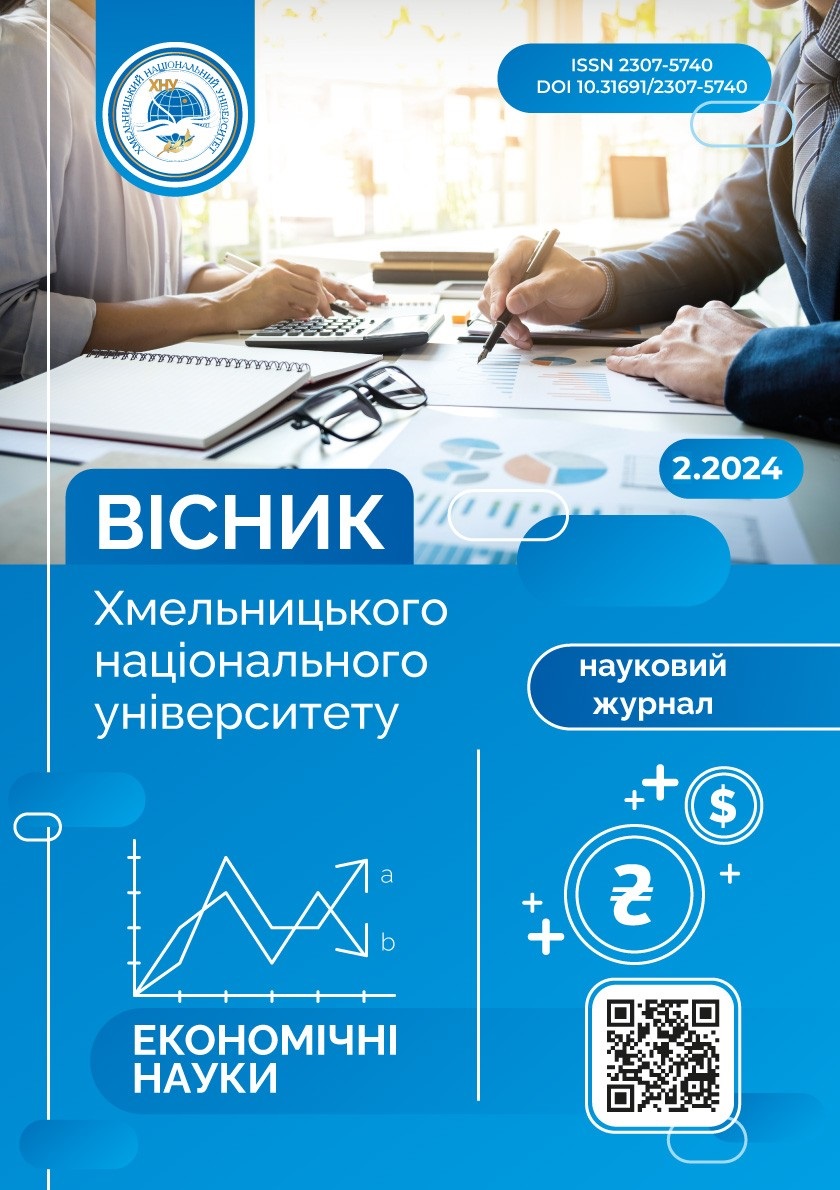EFFECTIVENESS OF CROWDFUNDING AND CROWDLENDING IN THE DIGITAL ECONOMY: ANALYSIS OF MODELS AND THEIR IMPACT ON PROJECT FINANCING AND DEVELOPMENT
DOI:
https://doi.org/10.31891/2307-5740-2024-328-61Keywords:
crowdfunding, microcredit, loans between people, digital economy, crowdfunding and crowdlending platformsAbstract
Crowdfunding and crowdlending play an important role in the financial support of projects in the digital economy. They foster innovation, engage the public, test market hypotheses, and build a community of supporters. As a result of the study, it was established that crowdfunding and crowdlending are both methods of attracting funding through a wide audience of people, but they have different approaches and goals. Crowdfunding models considered: donation-based (people contribute money without expecting a return or reward, simply supporting an idea or project), reward-based (people contribute money to a project and receive a reward, such as a product or service, in the future), as a method of repayment startup debt (applies if there is a need to pay off debt from traditional sources). The process of reward-based crowdfunding has been studied (research, familiarization with the terms, setting up the campaign, advertising the campaign, maintaining contacts with sponsors, receiving the reward). Options for using crowdfunding for debt repayment are considered. The development of the crowdfunding market was studied. The methods of functioning of crowdfunding sites are considered. Crowdlending models are characterized: microcredit (provision of small loans to individuals or small businesses), loans between people (P2P) (private individuals provide loans to each other without the mediation of banks), project financing (people provide financial support to projects or businesses). The principle of operation of crowdlending, advantages and disadvantages are considered. The dynamics of the crowdlending market were studied. Methods of operation of crowd-lending sites are considered. The advantages and disadvantages of crowdfunding and crowdlending for small and medium-sized businesses compared to traditional bank lending are studied. These two concepts (crowdfunding and crowdlending) can overlap, sometimes even using a combination of different models to achieve financial goals. It was determined that in the future these tools will continue to develop dynamically and significantly influence economic development.


